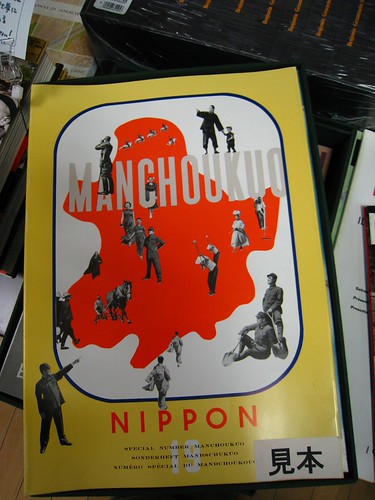Shigeo Obara, a Japanese farmer found a clover with 21 leafs last week in his garden. It’s a new Guinness record, it beats his own previous record that was set in 2002 when he found a 18-leaf clover. Obara has been more than 50 years researching and crossbreeding clovers in his garden; his hobby started when he found 4-leaf clovers near his home in 1951. His objective is to create a clover with 30 leafs! He seems confident about his objective, and predicts that he will find it during the next years.

In Europe a 4-leaf clovers symbolize lucky but in Japan they symbolize happiness, 5-leaf clovers symbolize wealth and 6-leaf clovers are fame.
Sources: Yomiuri , Pinktentacle




